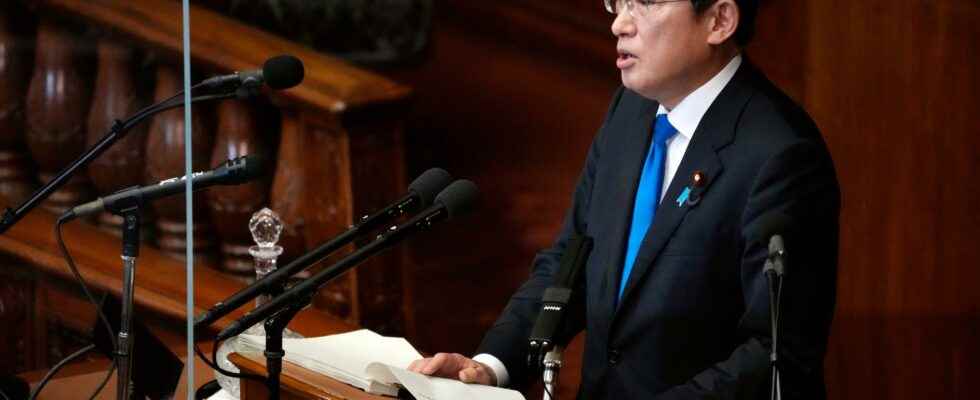Published: Just now
Japan is facing the most serious security situation in the region since World War II, claims Prime Minister Fumio Kishida. Now a historic rearmament of the country’s military is promised.
In December, Fumio Kishida’s government adopted a series of security and defense reforms that partly involve departures from the strict self-defense-only principle that has prevailed since the end of World War II, when a ban on regular military force was written into the country’s constitution.
Among other things, Japan wants to be able to counterattack in the event of an attack on the country and speed up the development of radio reconnaissance that can detect incoming robots from, for example, North Korea – something that will be made possible by an almost doubled defense budget over the next five years.
The new defense strategy aims, among other things, to keep China’s ever-growing territorial ambitions in check, according to Tokyo. At the same time, the subject is sensitive for many neighboring countries in regions whose populations were victims of Japan’s aggressions during the Second World War. According to Kishida, the new orders represent a “drastic reversal” of the country’s security policy, but the prime minister emphasizes at the same time that the country is still committed to its pacifist constitution and strict anti-nuclear weapons policy.
Kishida states that China poses “the biggest strategic challenge” to peace and security in the region. At the same time, the Japanese leader says he hopes for continued dialogue with Beijing and President Xi Jinping.
